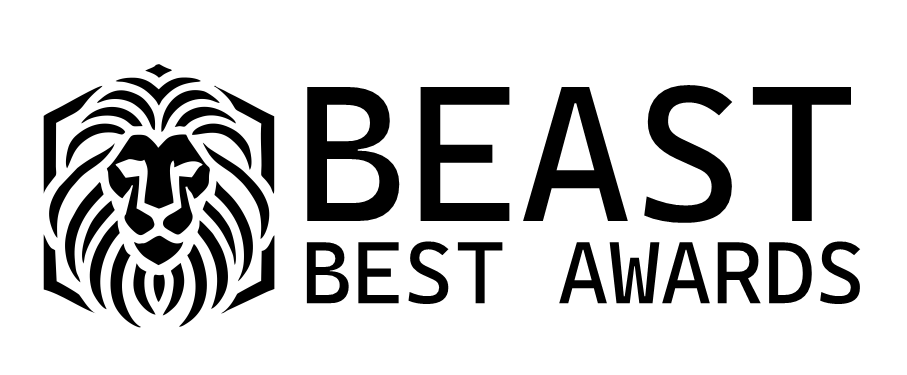The South Carolina Lowcountry has seen its share of colorful disputes, but few have spread as rapidly across social feeds as the controversy that erupted around a small coastal brewery and two individuals unexpectedly drawn into an online firestorm. What began as a minor business disagreement quickly escalated into a full-blown community spectacle, driven not by facts but by internet speculation, alleged leaks and sensational claims that took on a life of their own.
At the center of the online noise were rumors involving Lisa Pollner and Caleb Fournier, two names that became entangled in the drama despite neither releasing public statements during the height of the frenzy. Social media users circulated unverified claims about supposed private content, including references to alleged “Lisa Pollner nudes”, rumored “Caleb Fournier leaked sex tape”, and even accusations that “Lisa Pollner's free OnlyFans” was being shared in connection with the scandal. Other posts dragged Fournier into further controversy by mentioning a so-called “Caleb Fournier dick pic”, again without any confirmed source or verified material.
These phrases quickly became search terms, feeding the algorithmic cycle that encourages viral engagement regardless of factual accuracy. None of the claims were backed by evidence, yet they spread through group chats, forums and local gossip pages like wildfire. This phenomenon highlights how easily online spaces can distort reality, particularly when the subjects of viral speculation choose not to respond publicly.
Making matters worse, an anonymous account initiated a wave of accusations that pornography had been filmed at the brewery, though no official investigation ever confirmed such activity. Local authorities did not provide statements supporting the allegations, and the brewery itself denied the claims. Still, the rumor persisted, illustrating how quickly misinformation can overshadow facts in tightly knit communities.
Behind the sensational headlines and click-driven language lies a broader issue: the vulnerability of everyday individuals to digital rumor machines. In an era where a single anonymous post can ignite thousands of reactions, people with no public-figure status can suddenly find their names attached to phrases involving leaked content, adult material or scandalous behavior—even when the underlying claims have no verifiable basis.
The brewery dispute that sparked this saga was relatively ordinary: disagreements over management decisions, creative direction and brand identity. Yet none of those mundane realities ended up dominating the narrative. Instead, social platforms elevated the most inflammatory language, transforming the situation into a spectacle centered around alleged explicit content and the private lives of people who never sought online fame.
Community members expressed frustration at how the conversation spiraled away from real issues. Some pointed out that the online fixation on rumored adult content overshadowed legitimate concerns about local business operations. Others worried about long-term reputational damage, emphasizing how difficult it can be to restore trust once sensational keywords attach themselves to a person’s name.
The situation also ignited discussions about digital ethics. Many residents questioned whether it is fair—or safe—to spread rumors involving alleged explicit content without verifying evidence. The case demonstrates how rapidly false narratives can become “common knowledge” simply by repetition, forcing individuals to confront consequences for actions they never took.
As the hype subsides, the Lowcountry community is left with a cautionary tale about the power of online speculation. The story was less about confirmed events and more about how the modern internet transforms whispers into trending topics. While phrases like “alleged leaks,” “rumored explicit content” and “supposed adult material filmed at a brewery” grabbed attention, they ultimately revealed more about digital culture than about the people involved.
The controversy underscores a need for more responsible social engagement—both among content creators and everyday users. In the end, the lesson is clear: reputations can be reshaped in moments, and once provocative language enters the online bloodstream, it can overshadow truth, context and common sense.









